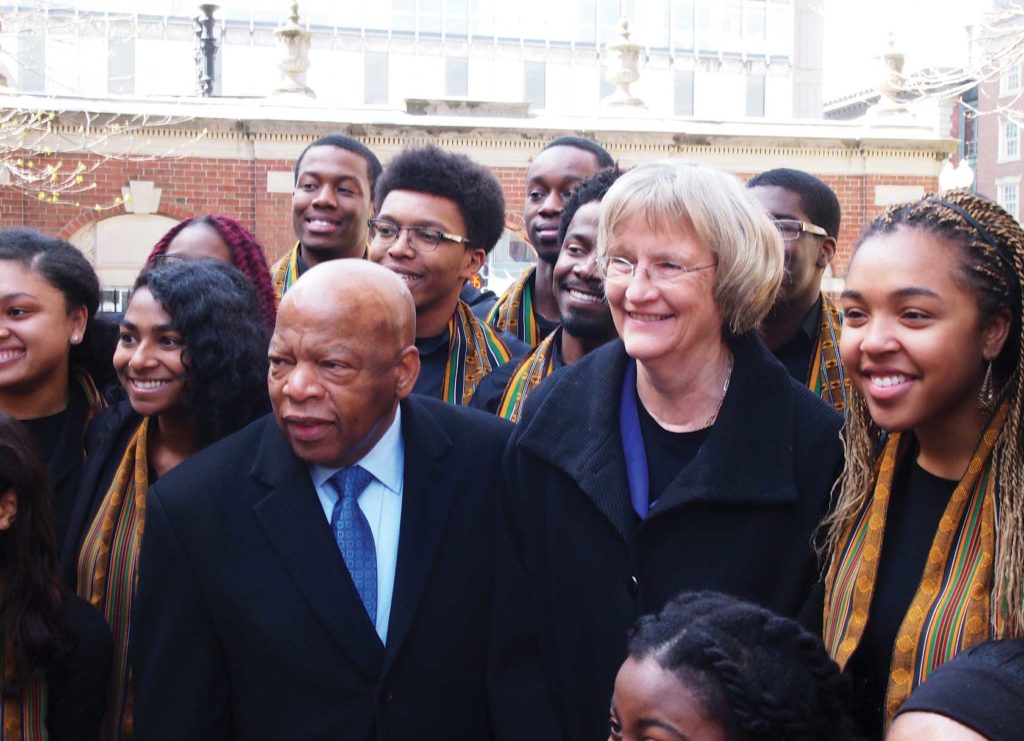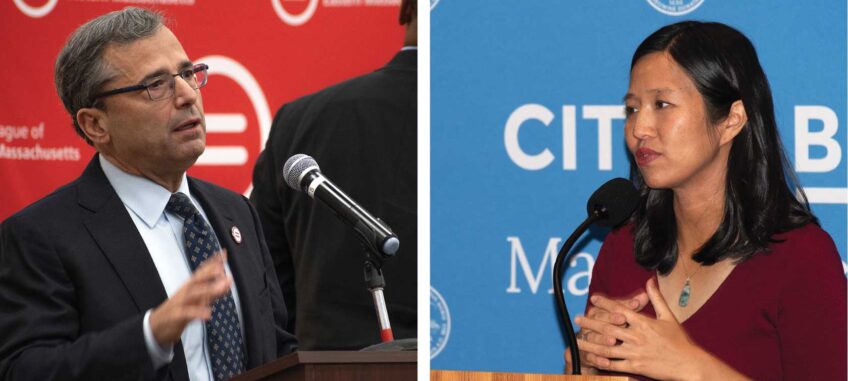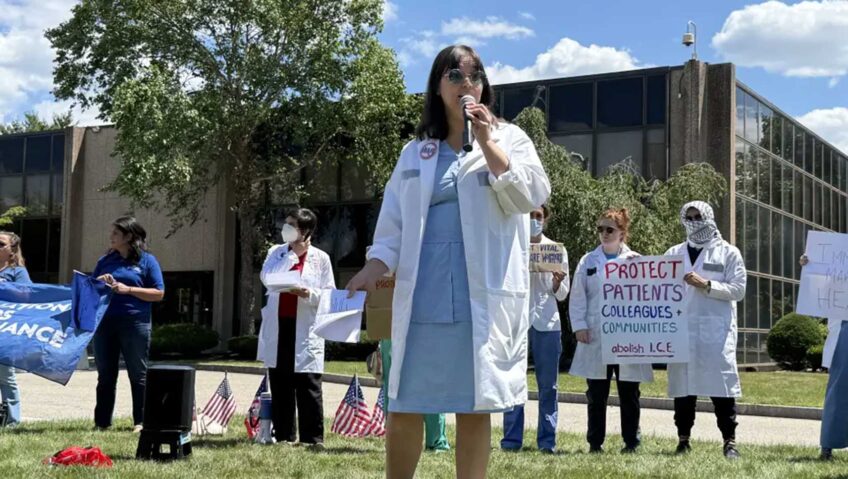
Harvard students interviewed in Cambridge last week expressed skepticism that a $100 million commitment by the university to compensate for its ties to slavery will be effectively spent.
Their doubts were aired in the wake of the university’s release of a blockbuster 134-page report formally acknowledging its ties to slavery and announcing a plan to amend for its lengthy history of profiting from enslavement. The report detailed the roster of some 70 slaves owned by Harvard presidents and staff and catalogued the gifts from benefactors deeply involved in the slave trade.
Brave Mugisha, 21, an undergraduate from Rwanda, described his shock at finding out how deep slavery ran within Harvard’s walls. Slavery, he said, is part of “the buildings you walk by on the way to class, and then to put yourself in that history is really shocking.”
Among the most prominent slave-owners was the 18th-century Harvard President Benjamin Wadsworth, who lived in a wood-frame home that still stands on Massachusetts Avenue. A slate plaque on the side of the building, unveiled in 2016 by former Harvard President Drew Gilpin Faust and the late U.S. Rep. John Lewis, memorializes the slaves who labored within its walls for both Wadsworth and President Edward Holyoke.
Ehsaan Vakil, 22, a first-year student from Las Vegas, interviewed by the Banner in Harvard Yard, echoed others in casting doubts on the university’s follow-through on the reparations fund. “I’m very aware that Harvard can sometimes make large promises, which ultimately end up going nowhere,” said Vakil, a political organizer on campus.
Vakil expressed concern that Harvard was using this report as an opportunity to ignore the injustices going on within Harvard’s walls in the present day, particularly its dealings with labor unions. “Harvard needs to focus on the here and the now,” he said.
The report was issued as a result of the “Legacy of Slavery” initiative established by Harvard President Lawrence Bacow in 2019 to move Harvard into properly recognizing its role in slavery and the repercussions that ring down through the centuries. Bacow moved to appoint a committee, chaired by former Harvard Law School Dean Martha Minow, to analyze and probe the lasting effects that slavery had on the institution.
“Harvard benefited from and in some ways perpetuated practices that were profoundly immoral,” Bacow wrote in a letter to the Harvard community about the report. “Consequently, I believe we bear a moral responsibility to do what we can to address the persistent corrosive effects of those historical practices on individuals, on Harvard, and on our society.”
The report says the $100 million fund will be used to “redress past wrongs,” but the degree of vagueness left many students on campus apprehensive about the promise.
“Everyone, to some extent, is aware that there is that history,” said Vakil. “I really was not shocked that the report came out — more taken aback by the extent to which they were so ambiguous about the money.”
Another first-year student, born in Africa and raised in California, said the money should be deployed to bring more students of color on campus.
“Harvard needs to take that money and think about the deep, deep ties it has to slavery,” said the undergrad, who requested anonymity. “A lot of the [descendants] of the people that … built this institution from the ground up have no connection to Harvard. We don’t even have a multicultural center.”
The Harvard report comes 16 years after Brown University issued a report about its ties to slavery. That school then created a $10 million fund to benefit public schools in Providence, Rhode Island. The following year, a Harvard historian began researching Harvard’s own ties to slavery. That effort led to Faust creating a committee to study the issue, leading to the report issued under her successor.






